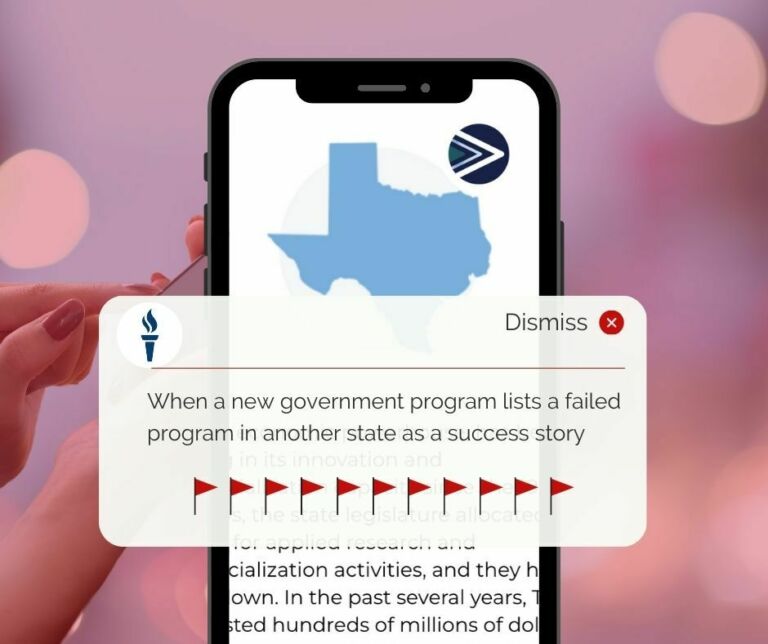Imagine you are in a pitch meeting with a room full of potential investors. You are hoping to secure funding for what you think is a great idea.
Naturally, before risking their own money in this venture, the investors will have several questions:
- Before we invest, can you point to examples of successfully executing this idea, even on a small scale, like a pilot program?
- If not, can you point to others who have successfully implemented such a program?
You answer no to the first question, and in response to your second question the examples you provide turn out to have a track record of corruption, secrecy, and downright failure.
Who in their right mind would invest in such a proposal?
But that’s what has played out with NCInnovation, which last year secured a commitment of half a billion of your taxpayer dollars to spend on research grants at universities in the hopes of commercializing the results of that research.
Unfortunately, NCInnovation had not yet made a single grant, despite having nearly $4 million on hand, and multiple years to do so. Additionally, the “success stories” they pointed to as programs to emulate include a Texas program so corrupt it was shut down after less than a decade, and the crony VinFast taxpayer handout, a company losing billions in the last few years and whose product has been labeled as “abysmal.”
Yesterday, NCInnovation announced the creation of a “pilot program,” saying it intends to “fund 6-8 pilot grants in this initial round.” They added, “The pilot approach will allow NCInnovation to test processes and procedures, and inform additional program development.”
So NCInnovaton spends hundreds of thousands on lobbyists to secure a $500 million commitment in taxpayer dollars and then decides to run a pilot program to “test processes and procedures”?
Shouldn’t they have run the pilot program first to demonstrate the viability and value of the program before securing taxpayer funds?
There’s still plenty of time for legislators to divert the second tranche of $250 million scheduled to be handed over in the coming fiscal year to a worthy program in high demand.


